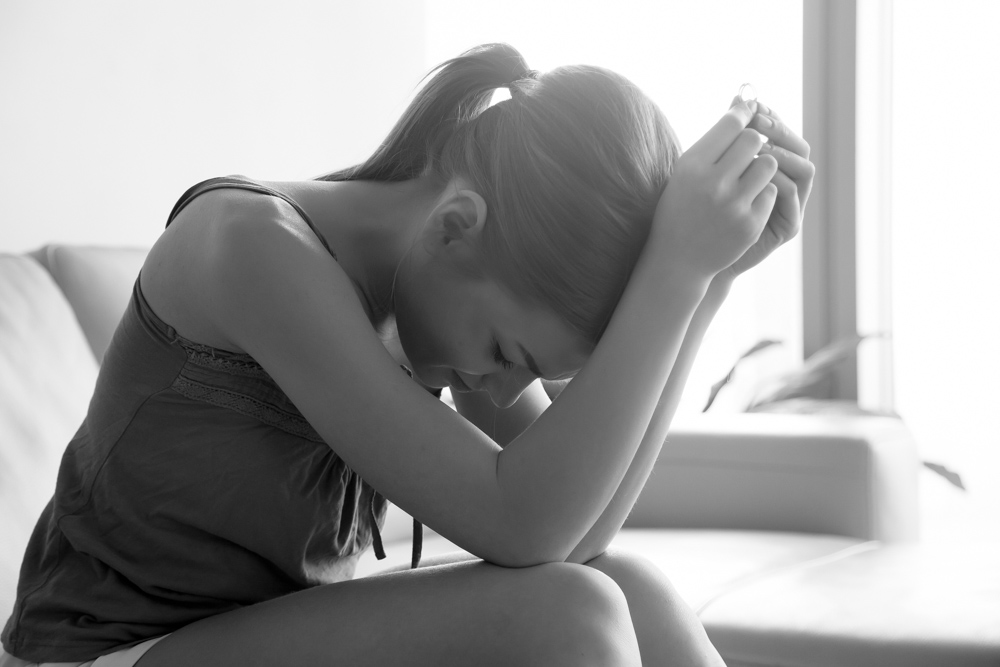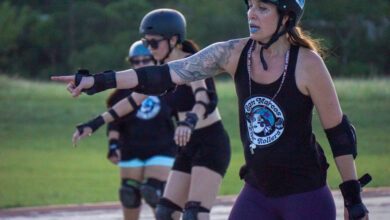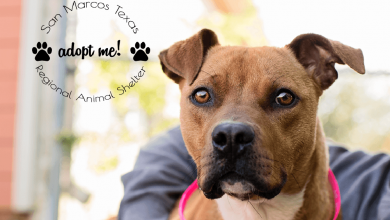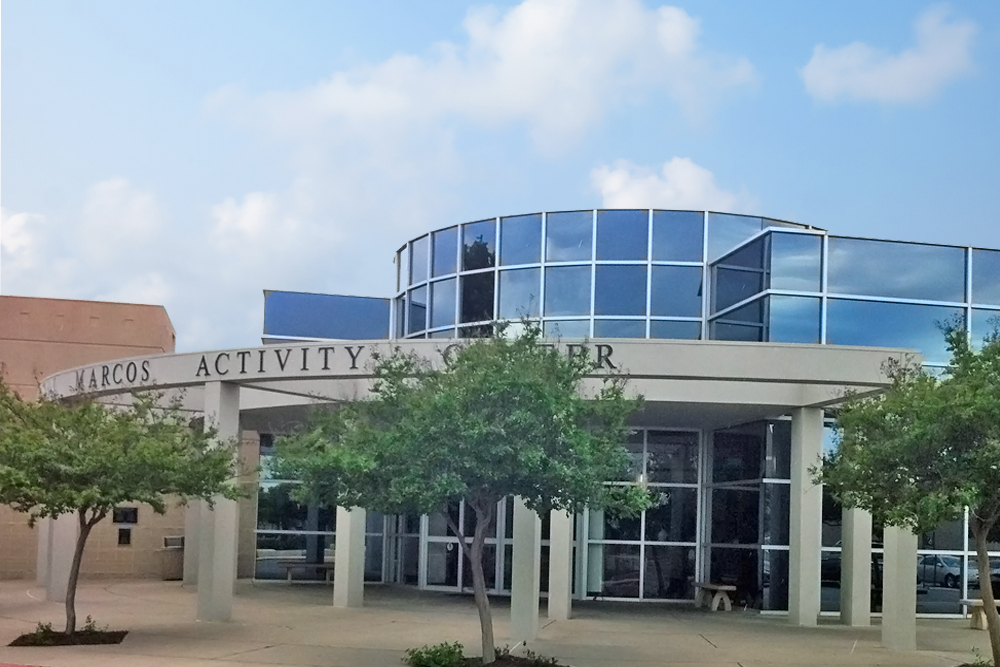
HCWC: Coping with an abusive relationship
Lauren Espinosa, LMSW, Dating Violence Counselor II
Being in an abusive relationship can have a significant impact on various parts of your life such as mental health, safety, relationships with others, and more. You may struggle with understanding your partner’s behaviors, especially when they treat you with love and kindness one day then anger and violence the next. Many people hope that things will get better and then blame themselves when they don’t. It can be difficult to cope while in an abusive relationship but listed below are a few ways to help, until you are able to safely leave the relationship.
- Learn about the cycle of violence- The Cycle of Violence explains the different phases that are present in abusive relationships and illustrates how abuse often is followed by an apology and make up phase before tension builds and the abuse begins again. Understand that you are not at fault if your partner continues to hurt you and you cannot “fix” someone who is abusive.
. - Reach out to your support system- Reaching out to a friend or family member, whether it is to discuss the abuse or just to be around a supportive person, can help bring positivity into your day. It is good to hold on to the positive and supportive people in your life that care about you. Make a list of people you can reach out to when you need someone to listen or if you just want to take some time to have fun.
. - Self-care- Self-care is all about treating yourself and taking care of your mind and body. Examples of self-care are taking a bath, exercising, reading a book, watching a new tv show, painting, listening to music, and so much more. There are tons of ways to practice self-care, you just need to find what you enjoy best.
After leaving an abusive relationship you may feel happy and free, but you may also feel sad and confused. No matter the situation, it can be difficult to move forward after leaving an abusive relationship. It can be helpful to remember your worth and acknowledge that you did not deserve that treatment. Here are some ways to cope and help guide you through your healing journey.
- Join a group- Support groups include others who may share the same experiences as you, to share their stories and how they cope and keep moving. Often in abusive relationships, the survivor is isolated. Groups are an opportunity to be a part of a community and meet others who may be feeling the same way as you. Groups at HCWC include discussion, art, music, and more.
. - Find a hobby or outlet- Sometimes when in an abusive relationship, you may not feel you are able to do the things you enjoy anymore. You now have the freedom to make your own choices. Finding a hobby or something that makes you happy is a form of self-care and empowerment. This can also be an opportunity to channel the pain or anger into an activity or project and create something great with it. Take it a step further and share that with others around you
. - Set goals and positive affirmations- For some, this is the time to get your life back; you are in control. Take some time to think about what you missed out on or what you would like to do now. Maybe this means applying for that job you’ve always wanted, moving to a new place, going back to school, or going out more with friends. You get to choose how you live your life!
. - Speak to a counselor- Counseling can be helpful to better understand your experiences and the feelings that you have. It is also an opportunity to tell someone your story and have your feelings validated. You may fear being judged, but counseling is an opportunity to find a safe place that is judgment free. Counseling is not only about talking about what has happened, but a place to learn about boundary setting, healthy relationship dynamics, and self-love.
We are committed to providing free, safe, and confidential services to victims of dating violence.?If you are experiencing dating violence, please call?our?HELPLine?24/7 at 512-396-4357. HCWC offers Survivor’s Rising, a casual group for people who have been or are currently involved in an abusive dating relationship. This group meets virtually on Fridays and provides an opportunity to build connections with others who have experienced similar situations with the intent to reduce feelings of isolation. Discussion topics may include red flags in a relationship, self-compassion, boundary setting, and coping skills. Many people may not realize they are in an unhealthy or abusive relationship. This 10-week group can help answer questions and provide education on what a healthy relationship looks like.





